All Formats & Editions
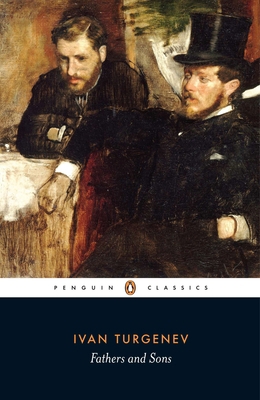
Fathers and Sons
Turgenev's timeless tale of generational collision, in a sparkling new translation When Arkady Petrovich returns home from college, his father finds his eager, na ve son changed almost beyond recognition, for the impressionable Arkady has fallen under the powerful...
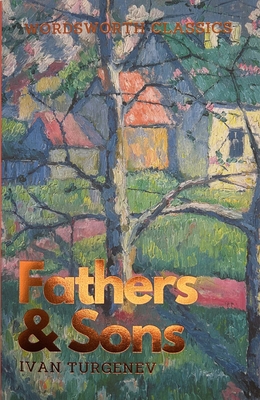
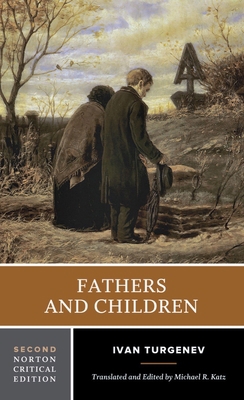
Fathers and Children
The English rendition of the title of this novel has been problematic since the book's publication in 1862. In his prefatory note to the Second Edition, Katz explains his decision to return to the original title, the one preferred by the author himself: Ottsy i deti , literally...
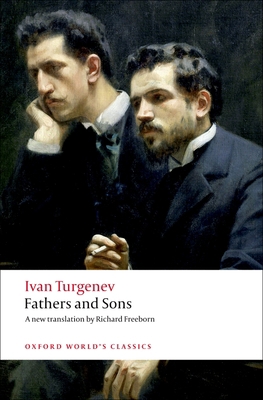
Fathers and Sons
When a young graduate returns home he is accompanied, much to his father and uncle's discomfort, by a strange friend "who doesn't acknowledge any authorities, who doesn't accept a single principle on faith." Turgenev's masterpiece of generational conflict shocked Russian society...
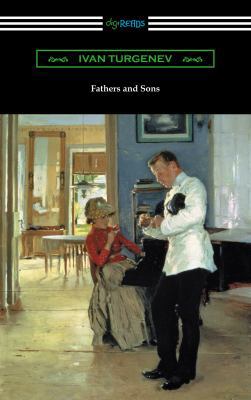
Fathers and Sons (Translated by Constance Garne...
![Otcy I Deti [Russian] 1722747536 Book Cover](https://i.thriftbooks.com/api/imagehandler/l/4F801A847E33C01B05DE27B09B09366DF075270A.jpeg)
Otcy I Deti [Russian]
I.S.Turgenev - imja unikal'noe dazhe v zolotoj plejade klassikov russkoj prozy XIX veka. Jeto pisatel', ch'e bezuprechnoe literaturnoe masterstvo sootnositsja so stol' zhe bezuprechnym znaniem chelovecheskoj dushi. Turgenev obogatil russkuju literaturu samymi plenitel'nymi zhenskimi...

Fathers and Children: A Norton Critical Edition
The English rendition of the title of this novel has been problematic since the book's publication in 1862. In his prefatory note to the Second Edition, Katz explains his decision to return to the original title, the one preferred by the author himself: Ottsy i deti, literally...
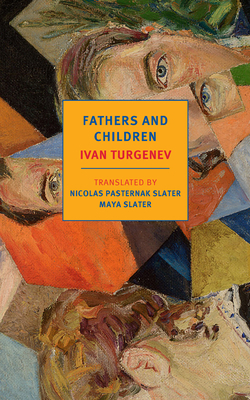
Fathers and Children
A 19th-century Russian masterpiece about love, politics, family, and the tension between the new generation and the old world. Ivan Turgenev's Fathers and Children is a book full to bursting with life, both comic and tragic. At the heart of this novel about...

Fathers and Sons
Ivan Turgenev's classic novel (also known as "Fathers and Children"), featuring Eugene Bazarov, thought to be the "first Bolshevik" in Russian literature. The novel explores the changing times and clash of generations in Russia during the period between Russia's defeat in the...

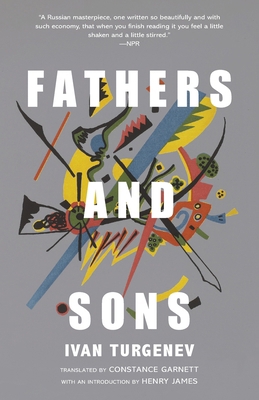
Fathers and Sons (Warbler Classics Annotated Ed...
Fathers and Sons is a major work of nineteenth-century fiction and one of the most acclaimed Russian novels of all time. The story follows the relationships between a father, his sons Pavel and Arkady, and Arkady's nihilist friend Bazarov. Against the backdrop of a growing cultural...

Fathers and Sons - The Franklin Library - Limit...
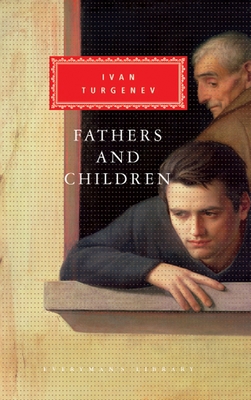
Fathers and Children: Introduction by John Bayley
One of the grestest of the classic Russian novels, this universal tale of generational conflict is set at a moment of historic social upheaval, just before the emancipation of the serfs in 1861. When Arkady Kirsanov returns home from university, his father and...
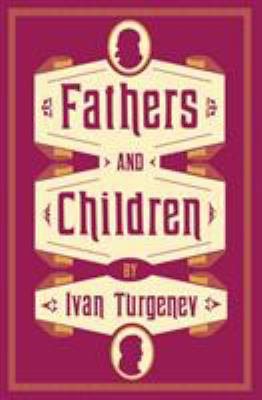
Fathers and Children
Fathers and Children, arguably the first modern novel in the history of Russian literature, shocked readers when it was first published in 1862 - the controversial character of Bazarov, a self-proclaimed nihilist intent on rejecting all existing traditional values and institutions,...

Fathers and Sons (Penguin Classics)
![Padres e hijos: Prologo de Julio Travieso [Spanish] 1500537128 Book Cover](https://i.thriftbooks.com/api/imagehandler/l/25AB0231628884E9F91804E1D83C143A6074D6D2.jpeg)
Padres e hijos: Prologo de Julio Travieso [Spanish]

![Otsy i deti (Russian Edition) [Russian] [Large Print] 5389049969 Book Cover](https://m.media-amazon.com/images/I/51mk-6x+FLL._SL500_.jpg)
Otsy i deti (Russian Edition) [Russian] [Large Print]

Fathers and Sons (Illustrated)
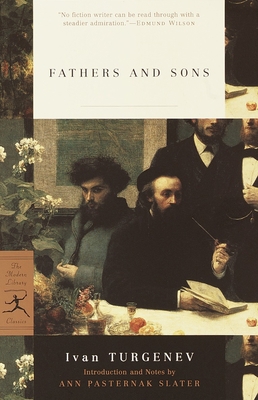
Fathers and Sons
When Fathers and Sons was first published in Russia, in 1862, it was met with a blaze of controversy about where Turgenev stood in relation to his account of generational misunderstanding. Was he criticizing the worldview of the conservative aesthete, Pavel Kirsanov, and the...
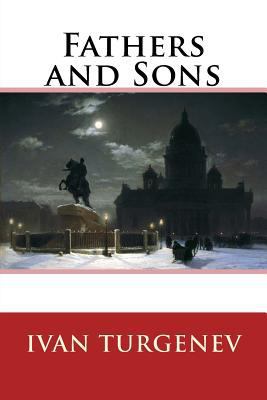
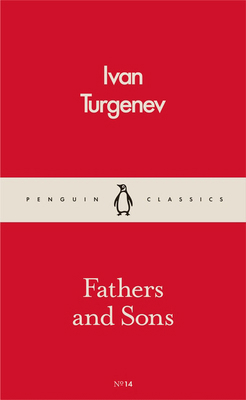
Fathers and Sons
With an introduction by Rosamund Bartlett and an afterword by Tatiana Tolstaya Turgenev's depiction of the conflict between generations and their ideals stunned readers when Fathers and Sons was first published in 1862. But many could also sympathize with Arkady's fascination...
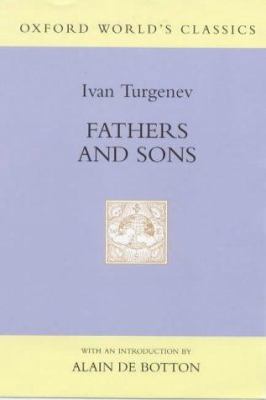
Fathers and Sons
Fathers and Sons (1862), Turgenev's masterpiece, represents in its hero, Bazarov, 'the new man', a nihilist liberated from age-old conformities and at odds with the previous generation, questioning the very fabric of society. A novel of ideas, Fathers and Sons is also a moving...

FATHERS AND SONS Easton Press
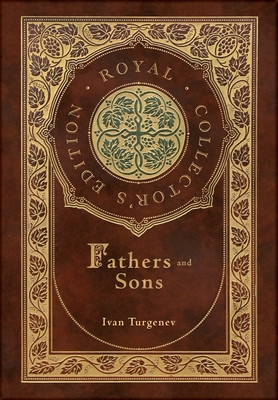
Fathers and Sons (Royal Collector's Edition) (A...
After graduating from the University of Petersburg, Arkady Kirsanov returns home to his father, Nikolay, with his friend, Bazarov. But Nikolay's brother, Pavel, soon becomes upset by the strange new philosophy called "nihilism" which the young men, especially Bazarov, advocate...



